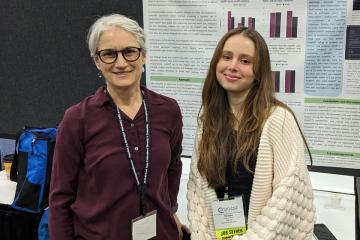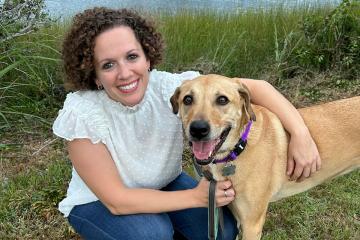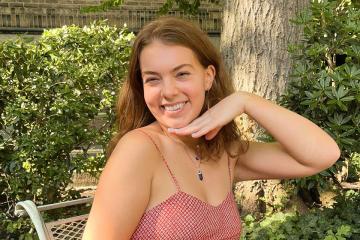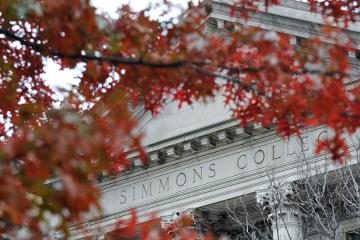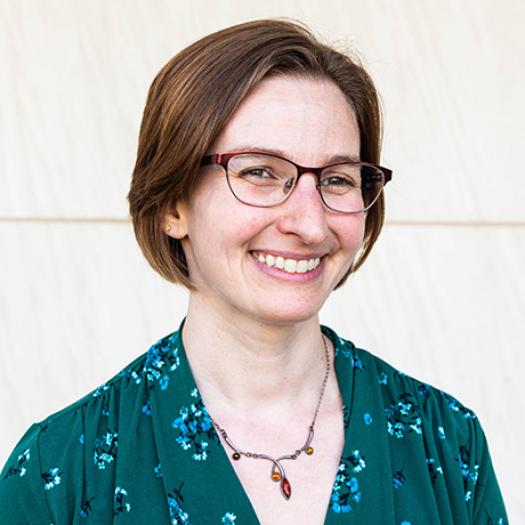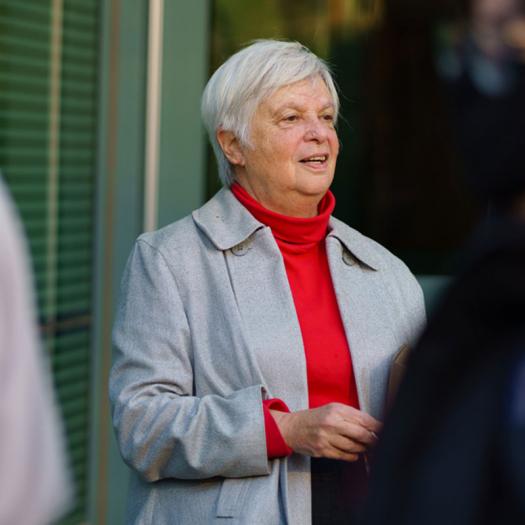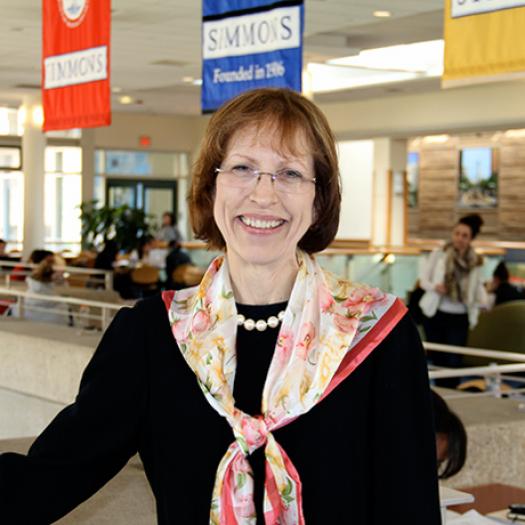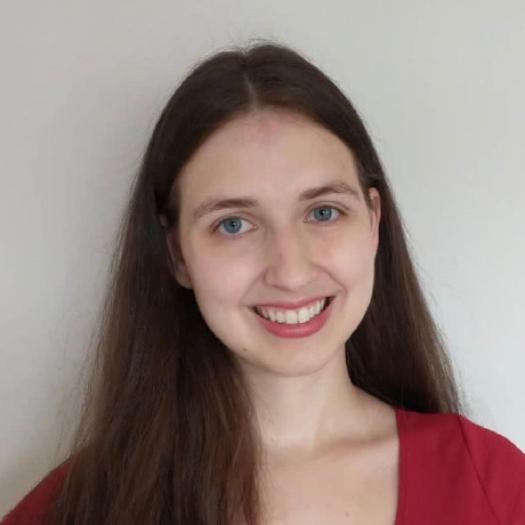Mathematical Sciences

Get ready for a career in STEM
As a Mathematical Sciences major at Simmons, you’ll have the opportunity to solve real-world problems while embracing the changes of the 21st century using computing and statistics.
This major serves as a springboard for pursuing successful careers and graduate studies in fields such as statistics, scientific programming, public health, big data, and education. You will become fluent in at least two computer languages (R and either Python or MATLAB) and will be prepared for applied mathematics careers in many STEM industries.

